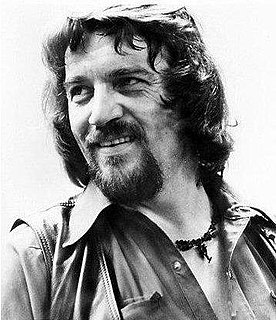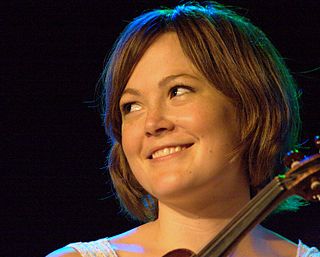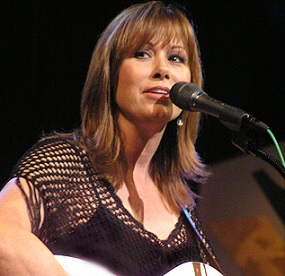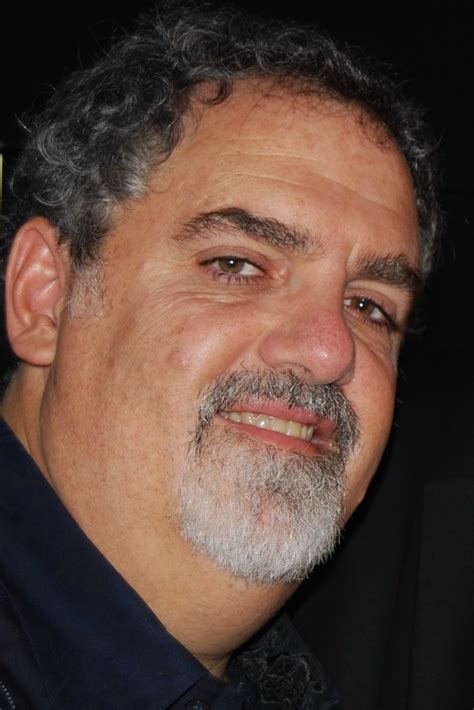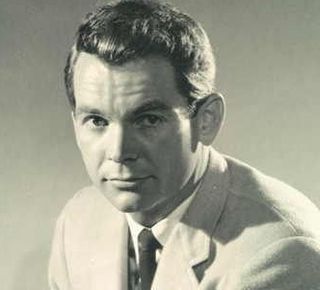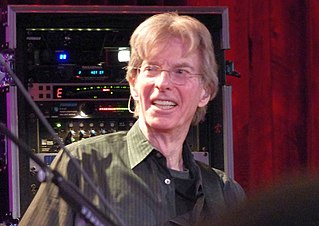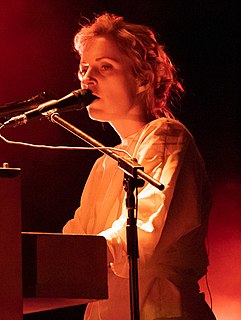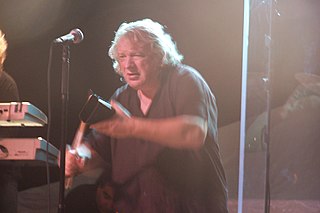A Quote by Waylon Jennings
You know, in the days when I started, if you had Chet Atkins' name on your record as a producer and it was on RCA, you could work the road. It didn't have to be a big hit record, it just
had to have that on it.
Related Quotes
I had been working my first record really hard and toured the heck out of it. I didn't have anything to write about so touring with The Decemberists was what I needed. I could work and take in the world again. You're just the side man and don't need all the info. You're also less busy than when your name is on the ticket, so I had days free to read, watch movies, and just look up.
I never want to record something that I'm not proud of just because I think it might be a big hit. There's no positive about that because if you record a song you hate and it's a big hit, then you're singing a song every night that you hate. And if you record a song that you hate and it isn't a hit, then you sold out for no reason.
You sometimes get the feeling that people think getting back together after a hiatus to write and record a record is work, you know, arduous and unpleasant. Being able to write and record - that's a privilege. I don't forget the long days I spent working in a restaurant, when I wanted to be done so I could go home and work on a song.
The decision to change the name meant we were getting serious, because we couldn't make a record if some other band had the same name as us.
I told the boys I was in a record store, thumbing though 45s, and I'd seen a record with the name the Warlocks on it. I've often wondered whether I hallucinated it, because I never saw the record again and I never heard a word about any band called the Warlocks.
Playboys' was an authentic junkie record. Art Pepper was just out of jail, Chet was arrested a week after the session, and piano player Carl Perkins would die two years later. When the record was recorded I was behind bars myself. In 1955 I was caught with narcotics and had to serve almost five years. Luckily, I was allowed to keep my saxophone in the cell, and I composed a lot during the time. They had to come fetch the music for Playboys from jail.
[Jack Johnson] became a superstar and started his own record label, and then he made and produced my first record, he co-wrote the songs on there, and then he let me open up for him for two years all around the world. And that was like the best start I could've had, the best way I could've started in the music scene.
